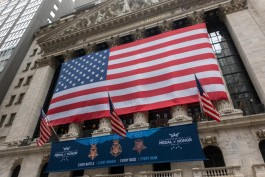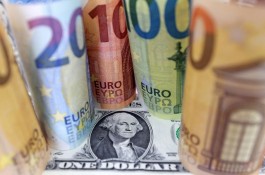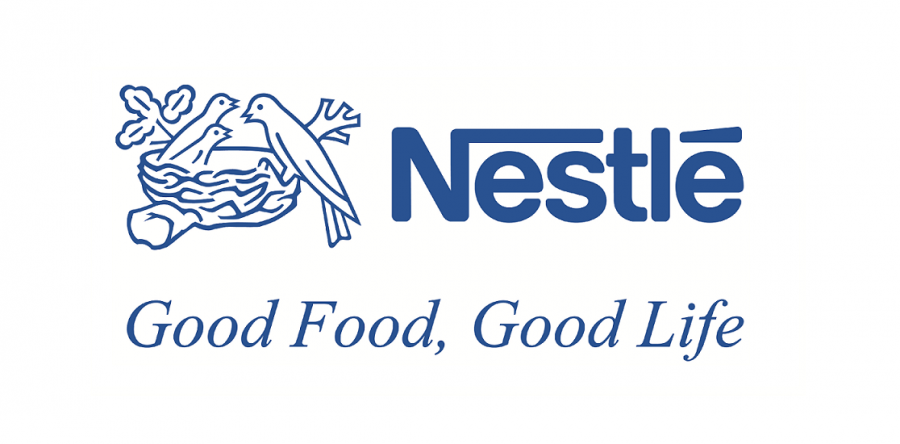Nestlé's largest food company, in an internal document, has recognized that more than 60% of its food and beverage products do not meet an recognized definition of health, and that some of these products will never be healthy despite the continuous update of the company.
According to Arab Net, the Financial Times watched a presentation between senior executives early this year, which is only 37% of Nestlé food and beverages in terms of revenue, except for products such as pet food and specialized medical nutrition, achieved higher classification From 3.5 under Australian Health Star Classification.
This system records five star foods and is used to research by international groups such as the ACCESS Food Enabling Foundation.
Nestlé, the manufacturer of Kat Kat, MAGGI, Noodles, and Noodles, describes 3.5 star degree as recognized for health.
Within its overall portfolio of food and beverages, about 70% of Nestlé food products failed to meet this limit, according to the presentation, along with 96% of drinks - excluding pure coffee - 99% of Nestlé Sweets and Ice Cream.
Water and dairy products have recorded better results, 82% of water and 60% of minimum dairy products.
He also wrote in the presentation: We have had significant improvements to our products. But our portfolio continues below the external tariffs in a scene in which regulatory pressure and consumer requests are mounted, according to Arabic.
Data excludes children's milk, pet food, coffee and health sciences department, which makes foods for people with certain medical situations. This means that the data represents about half of the total annual revenue of Nestlé's $ 103 billion.
These results come at a time that food makers struggle a global campaign to combat obesity and promote healthy eating. Nestlé's executive officials also examine new nutrition commitments and intend to detect this year's plans.
The group also updates its internal nutrition standards, known as Nestlé Foodstuff, which was submitted under former CEO Peter Prabik-Litmathi, who described Nestlé as a nutrition, health and wellness.
Mark Schneider, executive president, acknowledged that consumers want a healthy diet, but refused allegations that manufactured foods, including those produced by Nestlé and other multinational companies, tend to be unhealthy.
For its part, Nestlé said it was working on a project at the company to modernize its leading nutrition and health strategy.








































